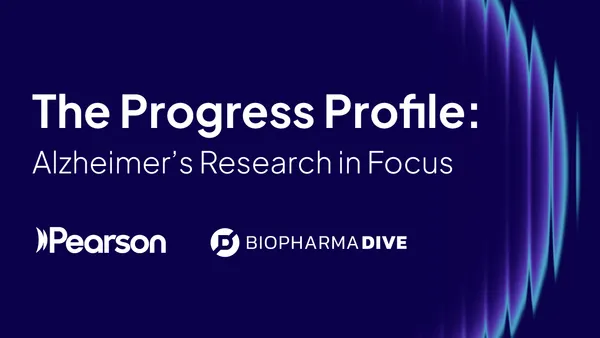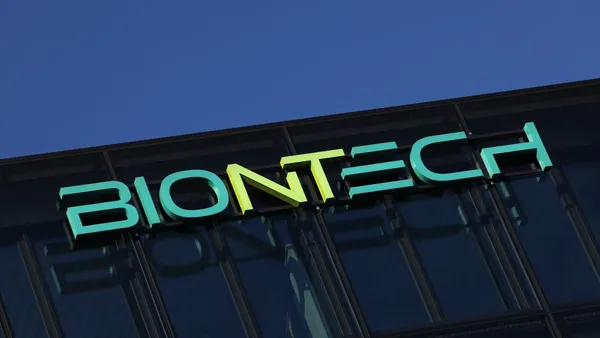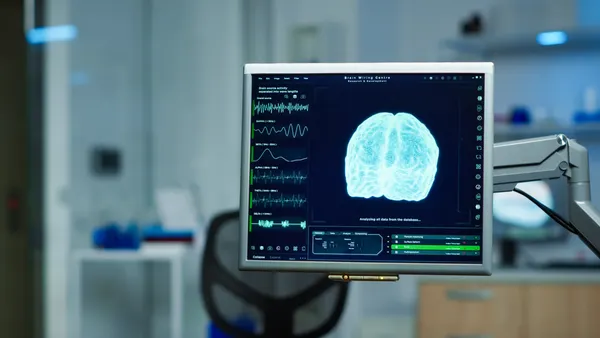Dive Brief:
- MediciNova Inc. announced last Thursday its methamphetamine dependence trial studying ibudilast didn't meet its primary endpoint. The failure was confirmed via urine drug screens in patients during the final two weeks of treatment.
- Despite the setback, the company will continue to study ibudilast's effectiveness in meth dependence after it speaks with various regulatory agencies. It will also still study the investigational agent for the treatment of meth abuse, for other dependence disorders and for neurological disorders such as progressive multiple sclerosis and amyotrophic lateral sclerosis.
- MediciNova shed 15% of its value Thursday after announcing the Phase 2 failure. Positive results from a small nonalcoholic steatohepatitis (NASH) study announced on Sunday, however, boosted shares back up by more than 17% Monday.
Dive Insight:
MediciNova is still banking on the anti-inflammatory properties of ibudilast that were observed in animal studies.
The company plans another study of the compound for methamphetamine use disorder in patients with and without post-traumatic stress disorder. MediciNova President and CEO Yuichi Iwaki said that once it gets those results — along with some feedback from the National Institute on Drug Abuse, Food and Drug Administration, and the National Institutes of Health — it will re-evaluate "how to optimize study design and setting for any future clinical trials in substance dependence."
Input from various regulatory bodies may help inform the company's trials for ibudilast for the treatment of opioid dependence and for alcohol dependence as well.
MediciNova's shares have mostly recovered from the setback with ibudilast, in large part because of an announcement Sunday that its trials for another pipeline candidate, called tipelukast, were stopped early because of early evidence of benefit.
In that proof-of-principle Phase 2 clinical trial for patients with NASH or non-alcoholic fatty liver disease with excessive levels of triglycerides in their blood (hypertriglyceridemia), tipelukast significantly reduced mean serum triglycerides after only eight weeks of treatment.
The treatment of NASH is expected to be a hot area or drug development, with forecasts of future market size reaching as high as $35 billion.
To fund further testing on tipelukast, ibudilast and the company's other candidates, MediciNova recently raised $40 million in a stock offering.











